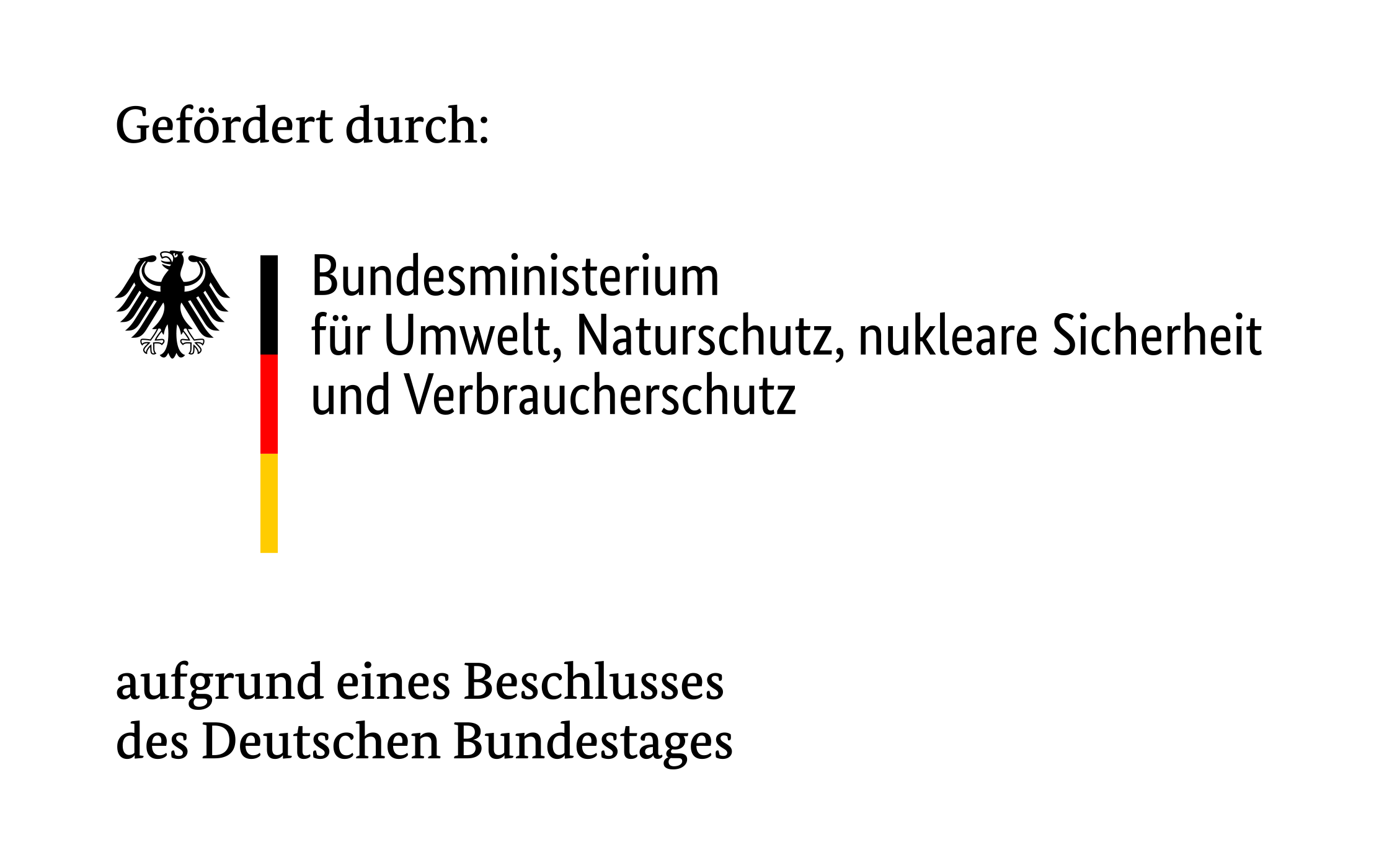Managing the work package: Evaluation of educational modules
Background: The effects of climate change on cultural assets in Germany
Cultural assets in Germany are threatened by the effects of climate change. In particular, the increase in extreme weather events such as heat waves, extreme drought, hurricane-like storms, heavy rainfall, increased temperature fluctuations and rising sea levels are having an immense impact. Preserving cultural assets, whether cultural landscapes, ensembles, historic buildings with their valuable interiors, or museum collections, now faces new challenges as a result of climate change.
To date, there is hardly any research or reliable data on the quantitative impacts on the preservation of cultural assets in Germany. Even in the national climate change adaptation plan, cultural assets have not been considered so far due to a lack of resilient data. Climate events such as the flood of the Ahr Valley in 2021, will consequently still catch many institutions flat-footed.
Project description: Development of educational modules for damage prevention for cultural assets in times of climate change
The aim of the KLIMA-KULTUS project is to improve the understanding of acute threat scenarios among decision-makers and other stakeholders in the cultural heritage sector and to provide adaptation strategies based on this understanding. As a first step, the available information and facts are processed and transferred into transdisciplinary modules. The teaching will take place in two different, competence-oriented course formats: as a 5-day seminar in the Master's program in Monument Preservation – Heritage Conservation at the University of Bamberg and as a professional training course for monument conservators and those entrusted with cultural property in the form of a 2-day workshop.
The workshops are planned as an interactive and practice-oriented course in which proven formats such as problem-based learning and further research results from the educational alliance "mint.online" will be applied. In addition to climate and object monitoring at historical buildings, interactive training with "Risk Maps" from the EU project "Climate for Culture" and the BMBF project "KERES" will be used to create joint risk assessments for the respective sites or objects to be supervised by the course participants. This not only provides for practical relevance, but also for personal relevance for the participants.
Range of services: Work package for the evaluation of the workshops and public relations work
The Innovation Acceptance Unit of Fraunhofer IMW leads the work package for the evaluation of the workshops in order to optimize the design for the continuation of the course formats. The focus is on reviewing the relevance of content with regard to the needs of participants, the suitability of content and didactics, and the degree to which the learning objectives have been achieved. In addition, Fraunhofer IMW supports public relations work in raising awareness of the topic of cultural heritage and climate change.

